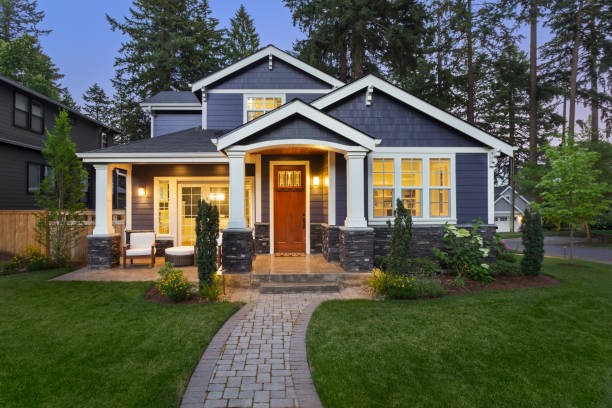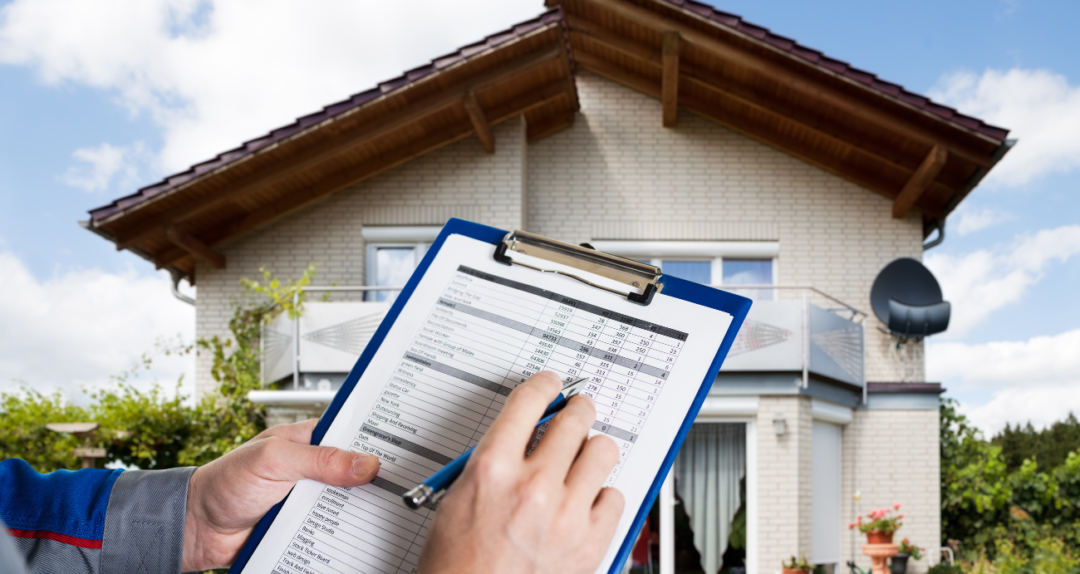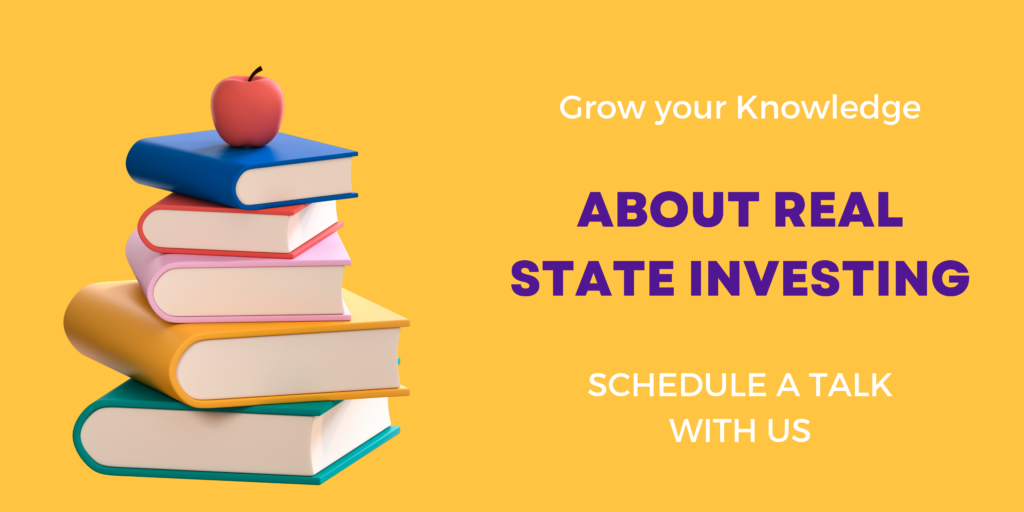Early Career Colleague Mulls Buying vs. Renting – Part II
Is Buying A Home Now the Right Decision for Me?
In the last post, we talked about a young early career colleague who was mulling over whether it was the right time and decision for them to buy a house. There we discussed whether, at the time of writing (January 2024) it was a good time in general to buy. In the end, it all boiled down to the question of whether it is the right decision for them to buy a home, or continue to rent.
Financially speaking, there are a number of benefits of owning a home over renting
- You avoid paying rent and are building equity through debt paydown
- You keep any price appreciation
- Mortgage interest and taxes are tax deductible.
- Fixed mortgage payments do not go up over time, versus rents which go up with inflation
- A paid off home dramatically reduces the costs of living in the future
However, before diving into the real estate market, it’s crucial to assess your current financial situation. Consider factors such as your credit score, existing debts such as student loan and credit card debt, money saved up for up front costs and monthly income. A solid financial foundation will not only make the home-buying process smoother but also contribute to your ability to handle the costs associated with homeownership.

Most first time homebuyers greatly underestimate the costs of owning a home. It simply is not a straight comparison between the costs of rent vs. the costs of mortgage payments. You must factor in:
Down Payment – The down payment is a significant upfront cost when buying a home. It’s generally recommended to have at least 20% of the home’s purchase price saved. However, some programs allow for lower down payments, for example special loans for doctors are able to finance with a low or no down payment and no private mortgage insurance.
Transaction costs of buying and selling – Expect to spend roughly 5% the purchase price of the house to buy it, and 10% of the selling price of the home to sell it. This includes:
- Closing Costs: Closing costs include various fees such as loan origination fees, title insurance, and property taxes. These can add up to 2-5% of the home’s purchase price.
- Home Inspection and Appraisal: Before finalizing the purchase, it’s essential to invest in a thorough home inspection and appraisal to ensure there are no hidden issues with the property. While these costs may seem minor compared to the purchase price, they are crucial for avoiding future surprises.
- Real estate agent commission fees: Generally paid by the seller, at roughly 6% of the sale price of the home
- Pre selling repairs.
Mortgage Payments – Your mortgage will likely be the most substantial ongoing expense. Consider the length of your loan, interest rates, and how they align with your long-term financial goals.
Maintenance costs (1%-4% of the value of the home each year) – These include the following: property taxes, insurance, taxes, upgrades, furnishings, landscaping, lawn care, snow removal, and homeowner’s association fees.

Case Example:
So let’s use the example similar to that of the colleague. They were looking to purchase a home that was in the $750,000 range.
Down payment with a ‘doctor loan’ – 3% down + points – $36,500
Turnaround costs of buying and selling – 15% – $112,000 total
This would include up front closing costs and home inspection – 5% – $37,500
Total up front cost – $74,000
Ongoing costs:
Monthly mortgage at 5.6% 30 year amortization – $4500 per month
Maintenance costs – 3% annually – $1875 per month
Total monthly cost – $6,375
Total annual cost – $76,500
In the end, the questions for one to decide to buy are:
- Do you have that much saved up for the up front cost?
- Are you willing to spend that much monthly and annually for your home?
Of course, you can reduce your monthly mortgage payments by increasing your down payment.
The average associate dentists’ salary is $180,000, so if on a sole income, the housing cost constitutes 42% of their gross income. The general rule of thumb is that housing costs should not be greater than 30% of your gross income. Of course, if you have a partner earning a salary (as the colleague in question did) this would offset that.
The White Coat Investor recommends that one does not carry a mortgage on their home greater than 2x their gross income. However in today’s market, this can be a difficult preposition for first time buyers.

Summary
- There are some financial benefits of owning a home versus renting, such as equity building, potential appreciation, and tax advantages.
- Most underestimate the upfront and ongoing costs of owning a home.
- Plan on spending 5% the value of the home to buy it plus the down payment, 1-4% annually to maintain it, and 10% the selling price to sell it, plus your monthly mortgage.
- Try to keep your overall expense of buying the home to under 30% of your gross income.
Conclusion:
In conclusion, the decision to buy a home is not just about finding the perfect property but also about understanding the financial implications associated with homeownership. By carefully considering upfront costs, ongoing expenses, and long-term financial goals, you can make an informed decision that sets the stage for a successful and fulfilling homeownership journey.
If you want to talk about how you can build and preserve wealth and generate passive income like the ultra-rich, set up a time to talk with me
